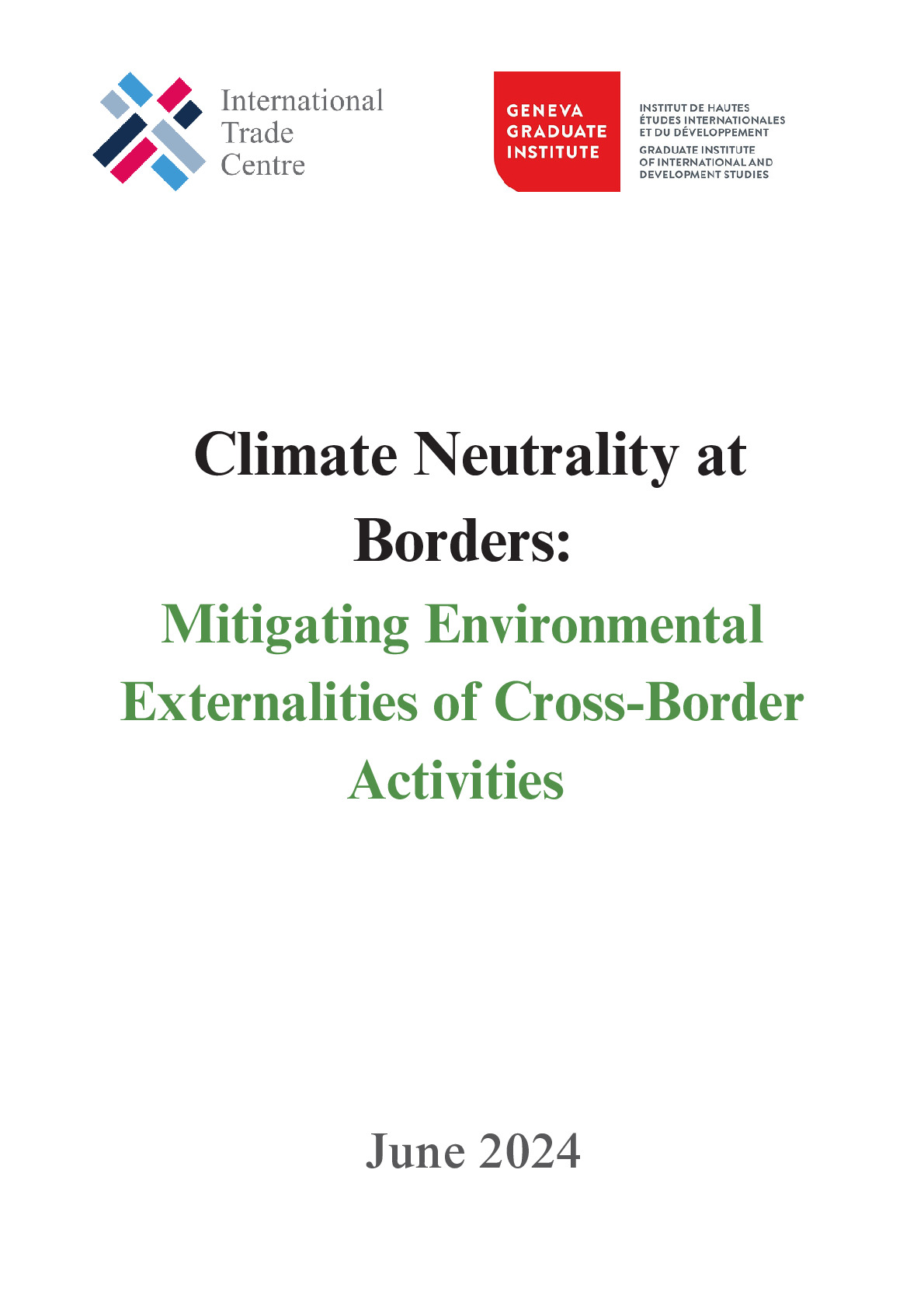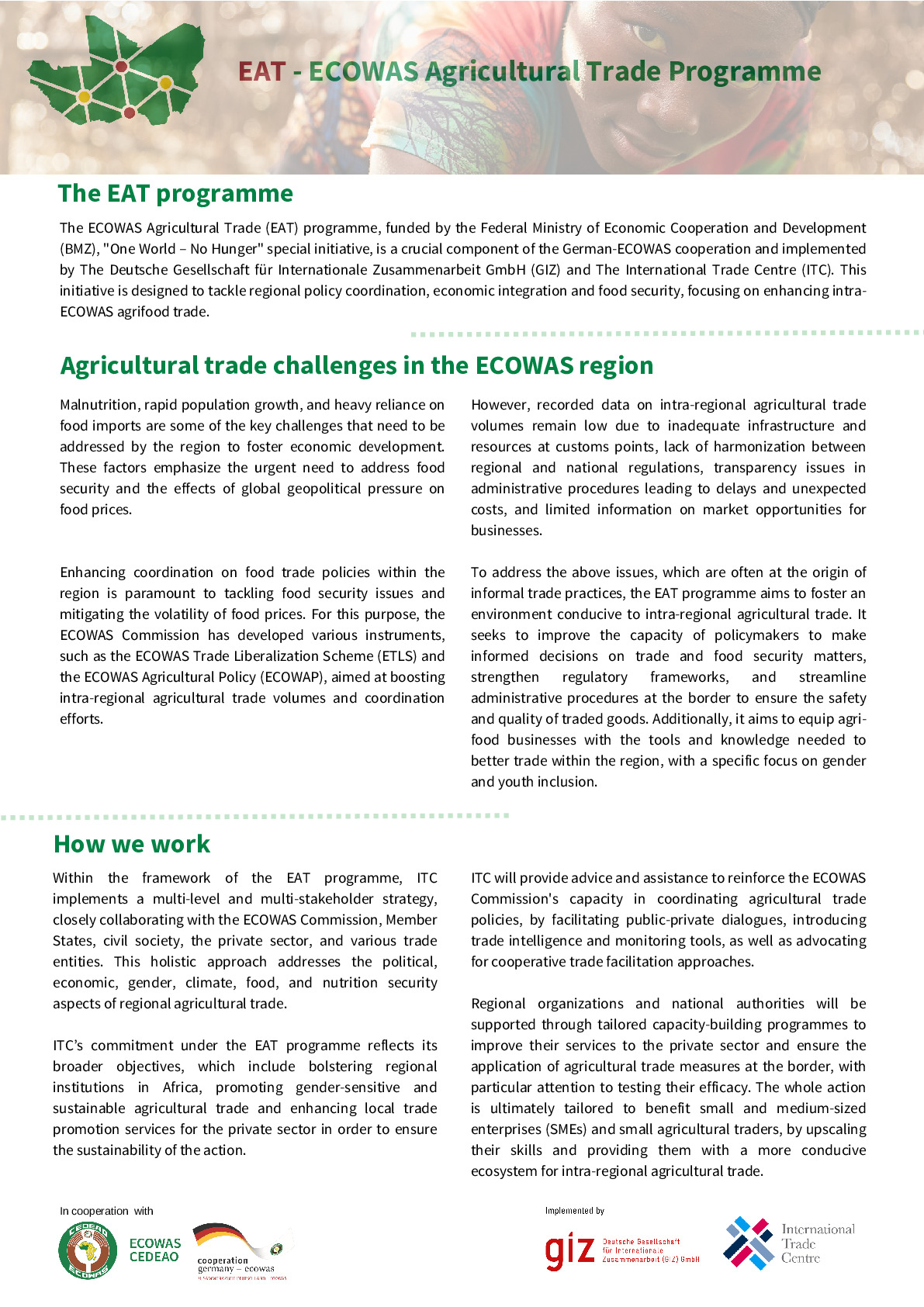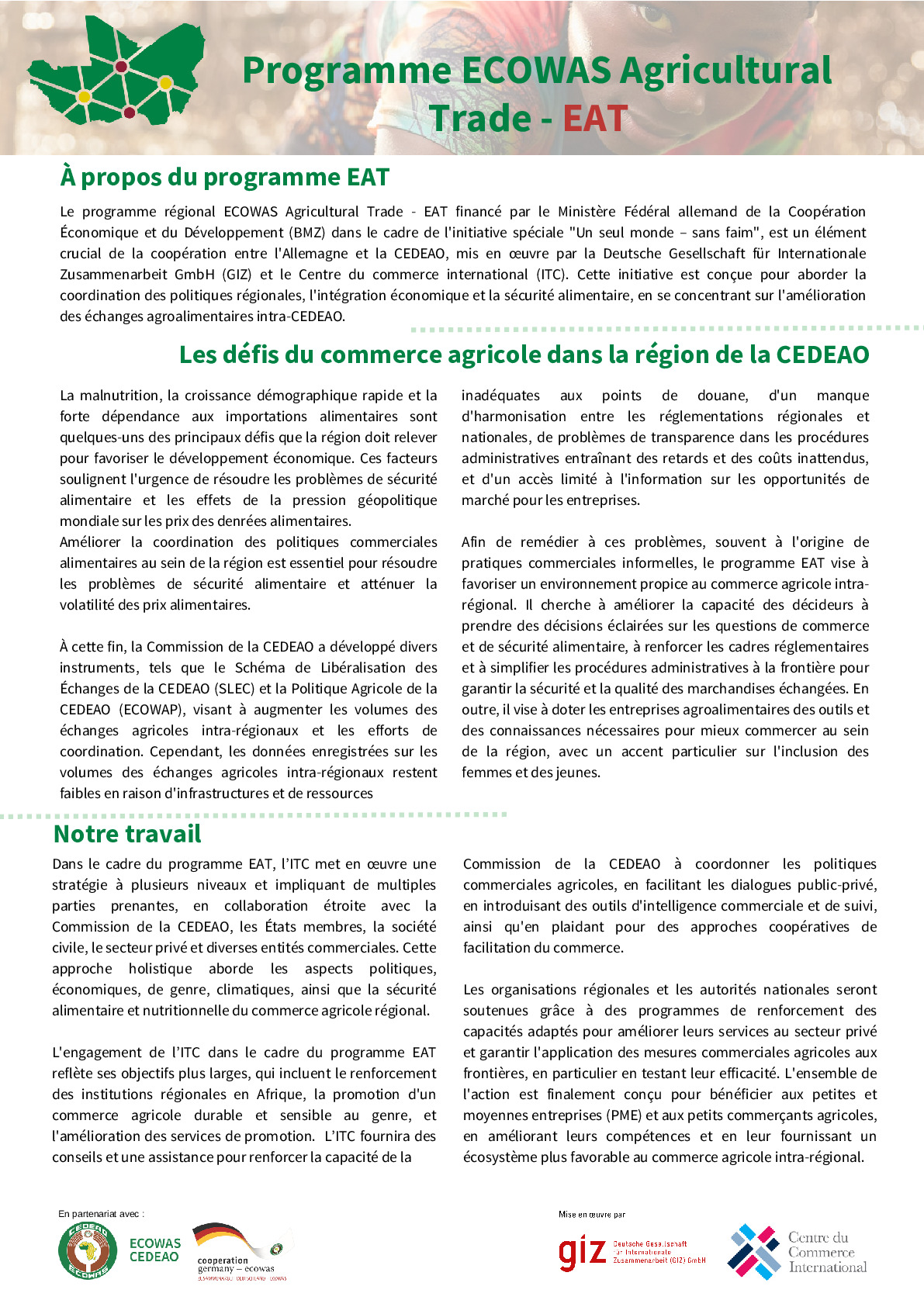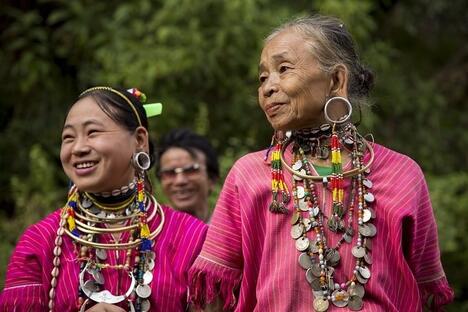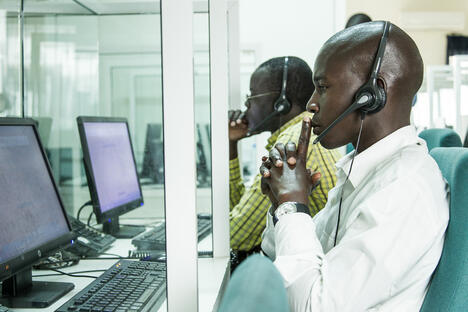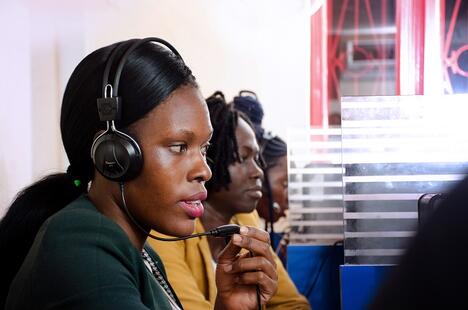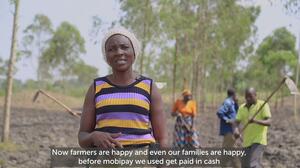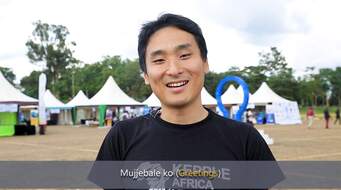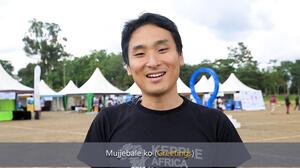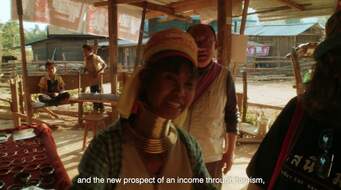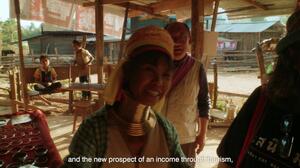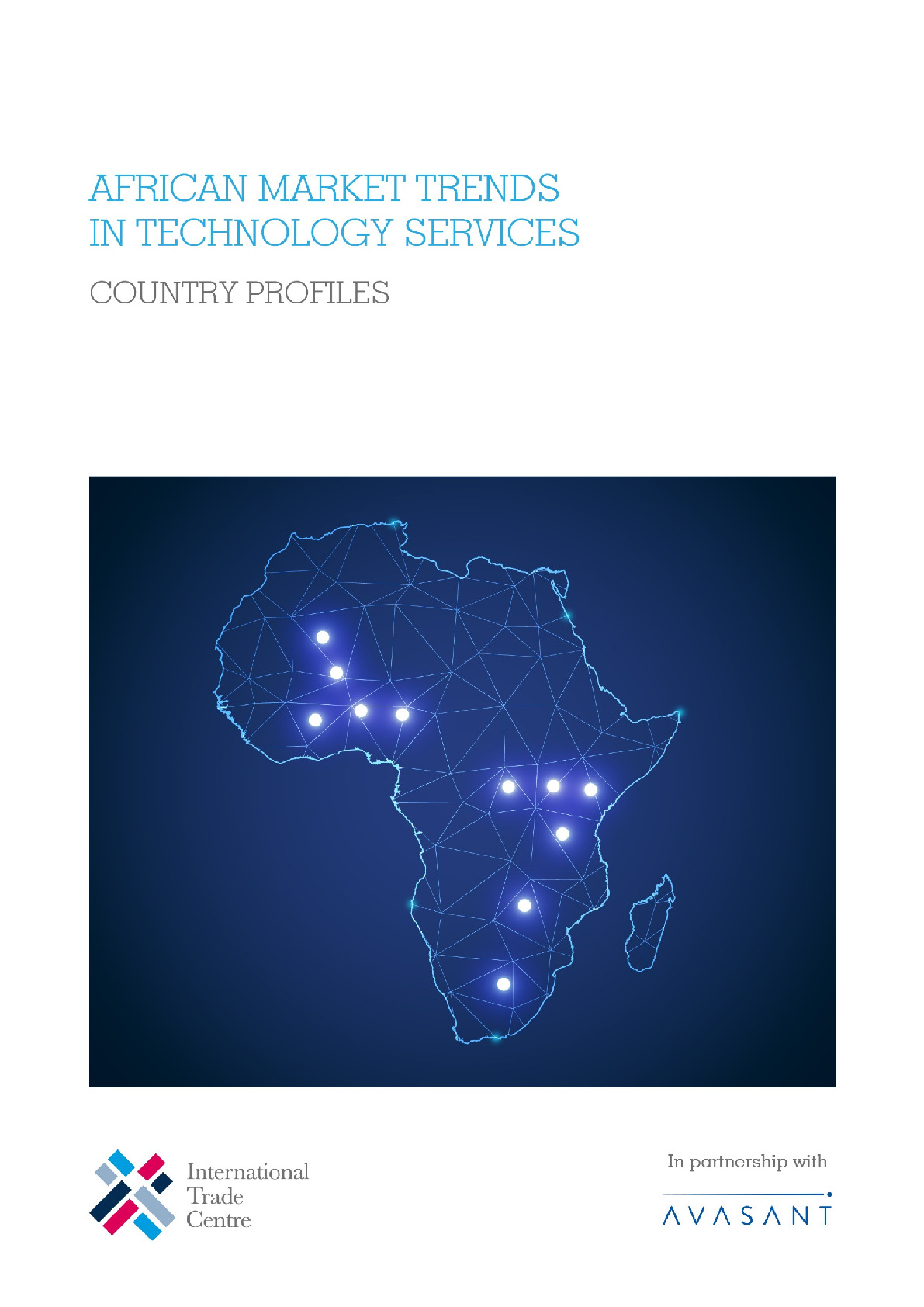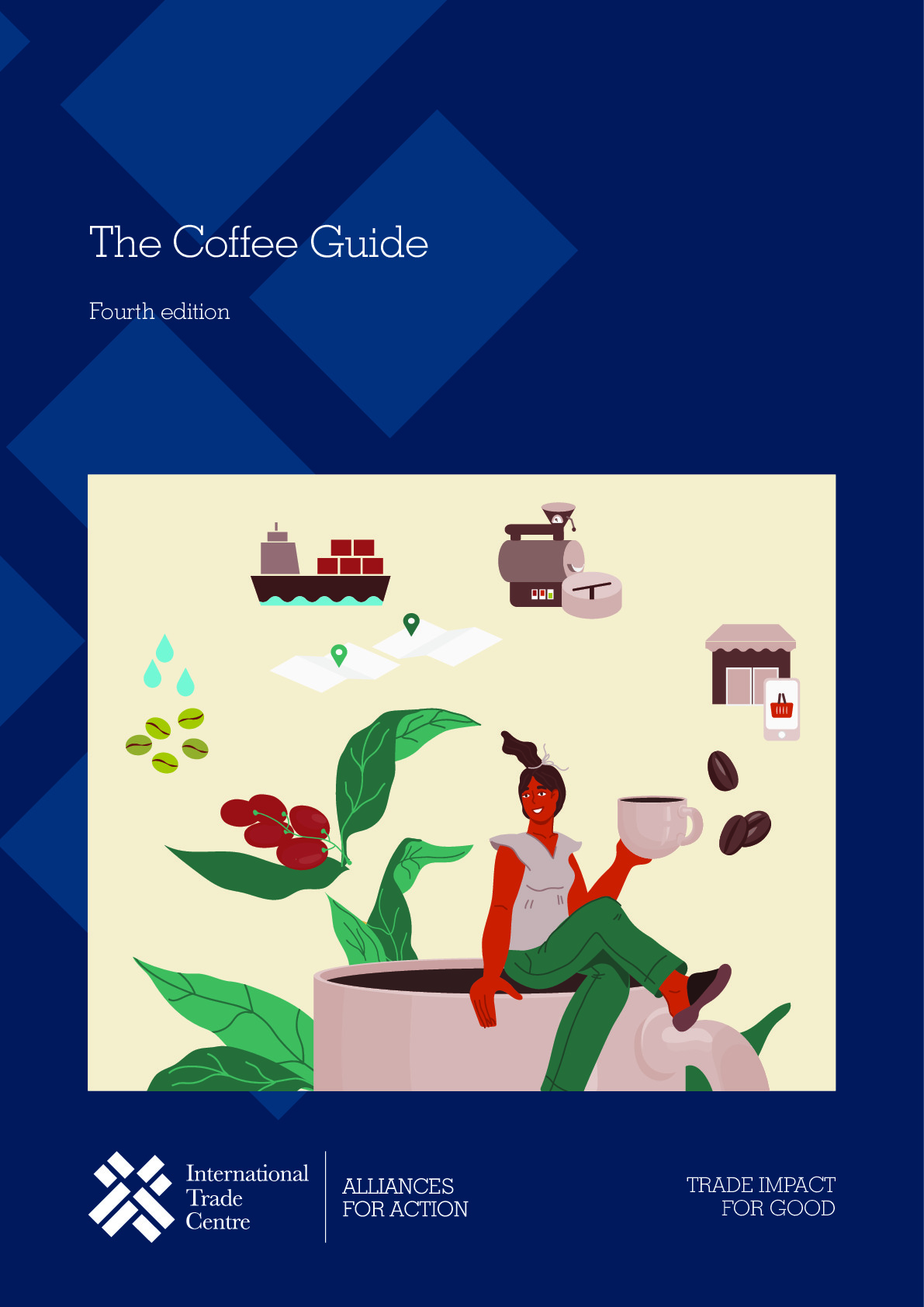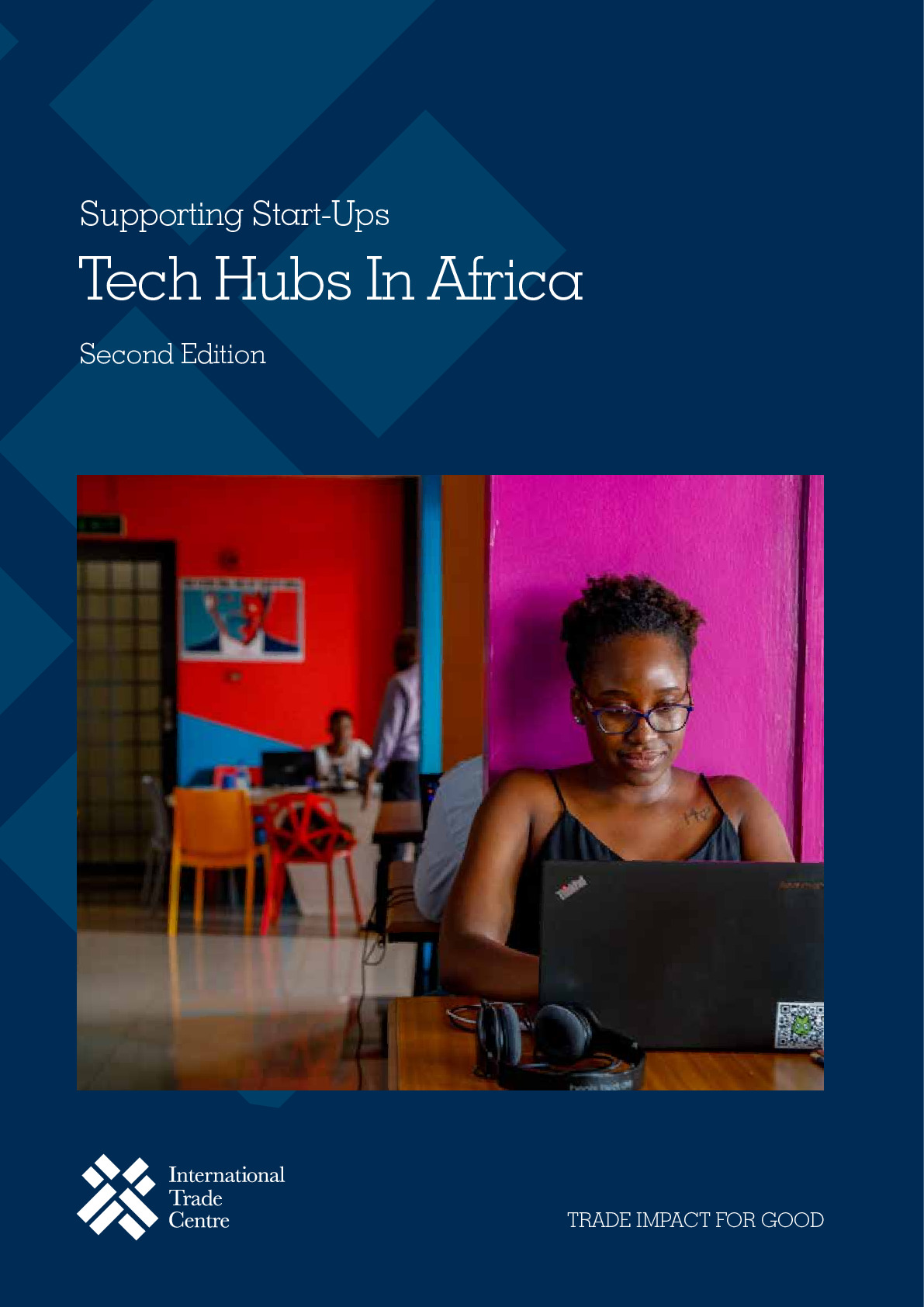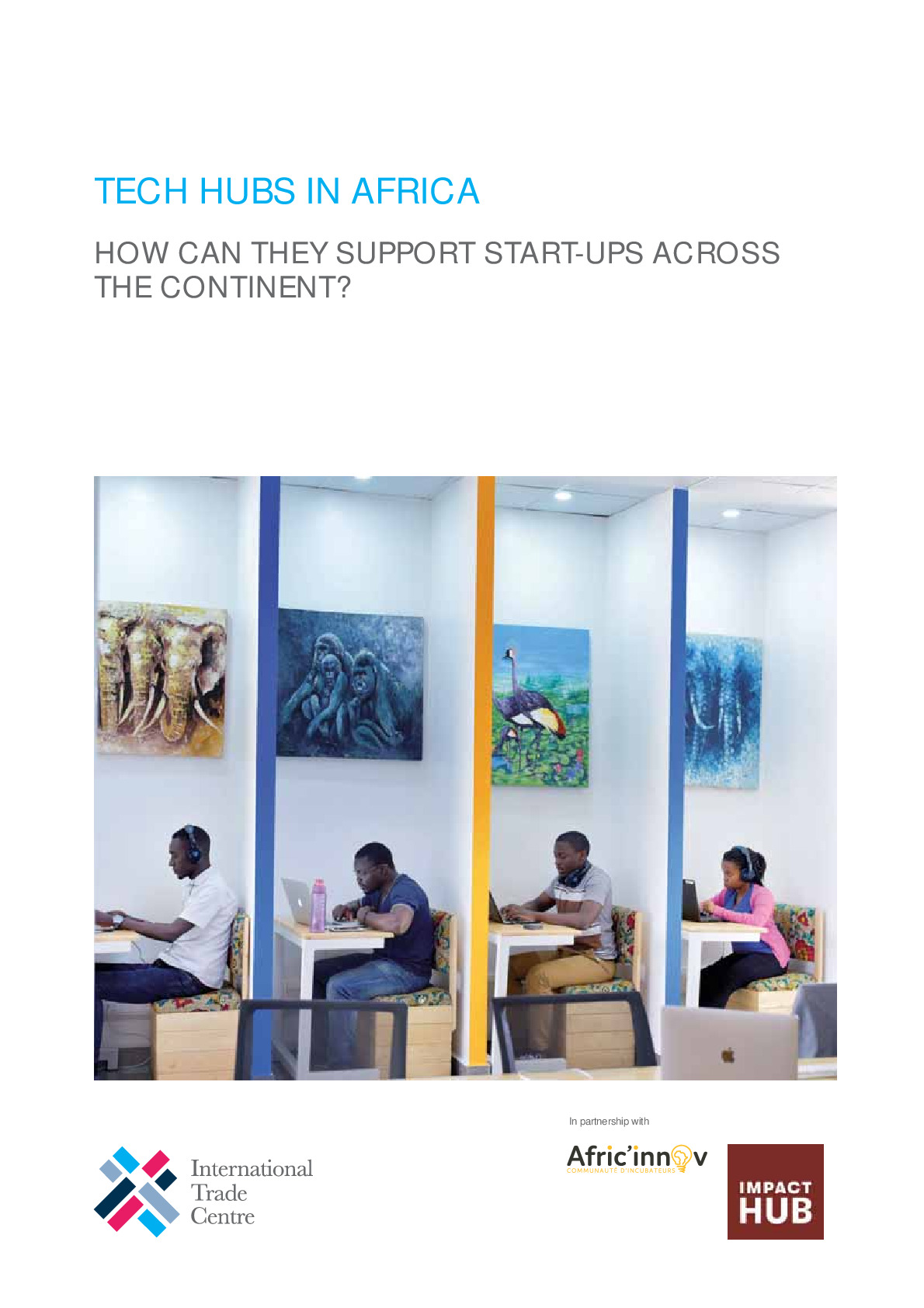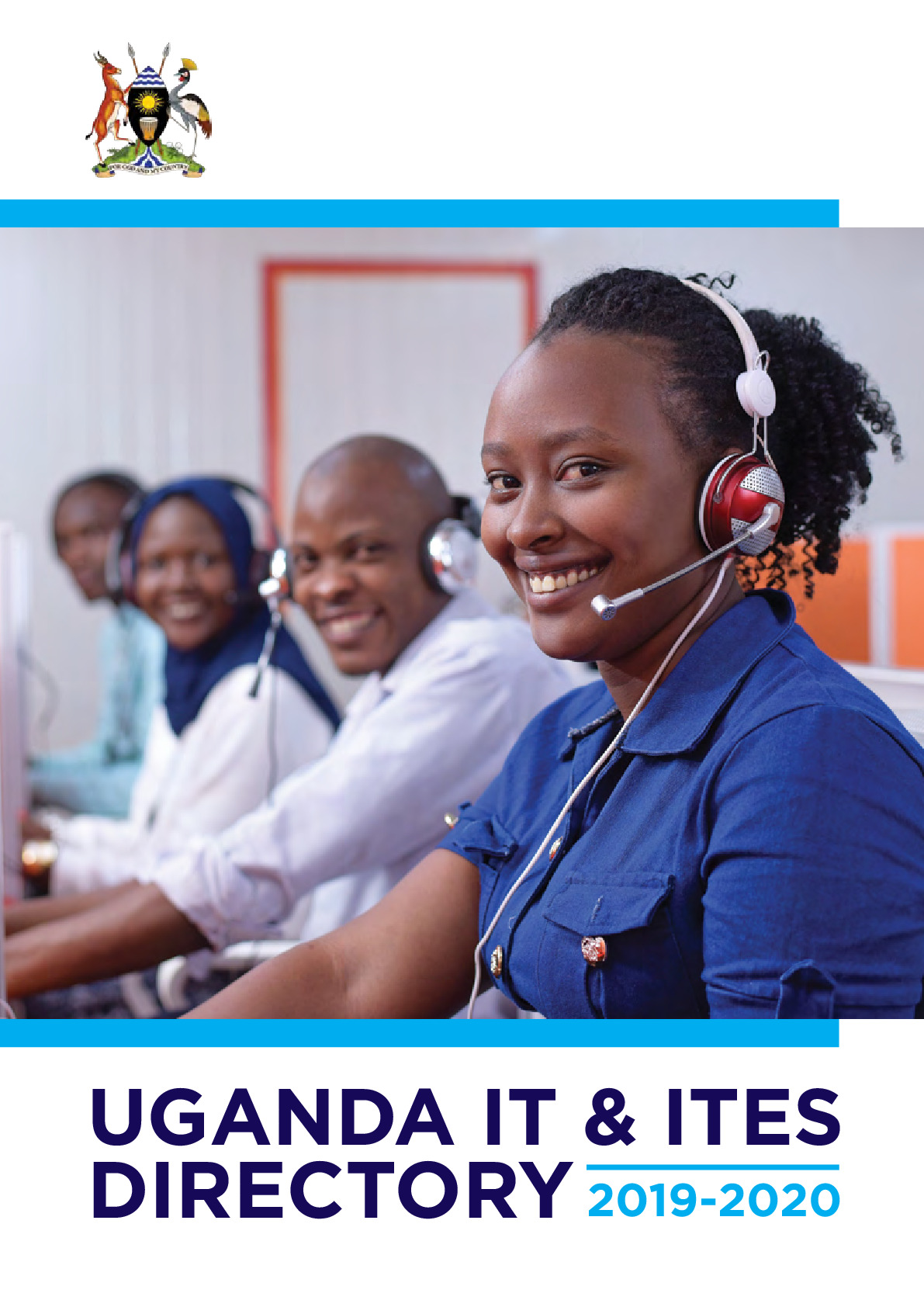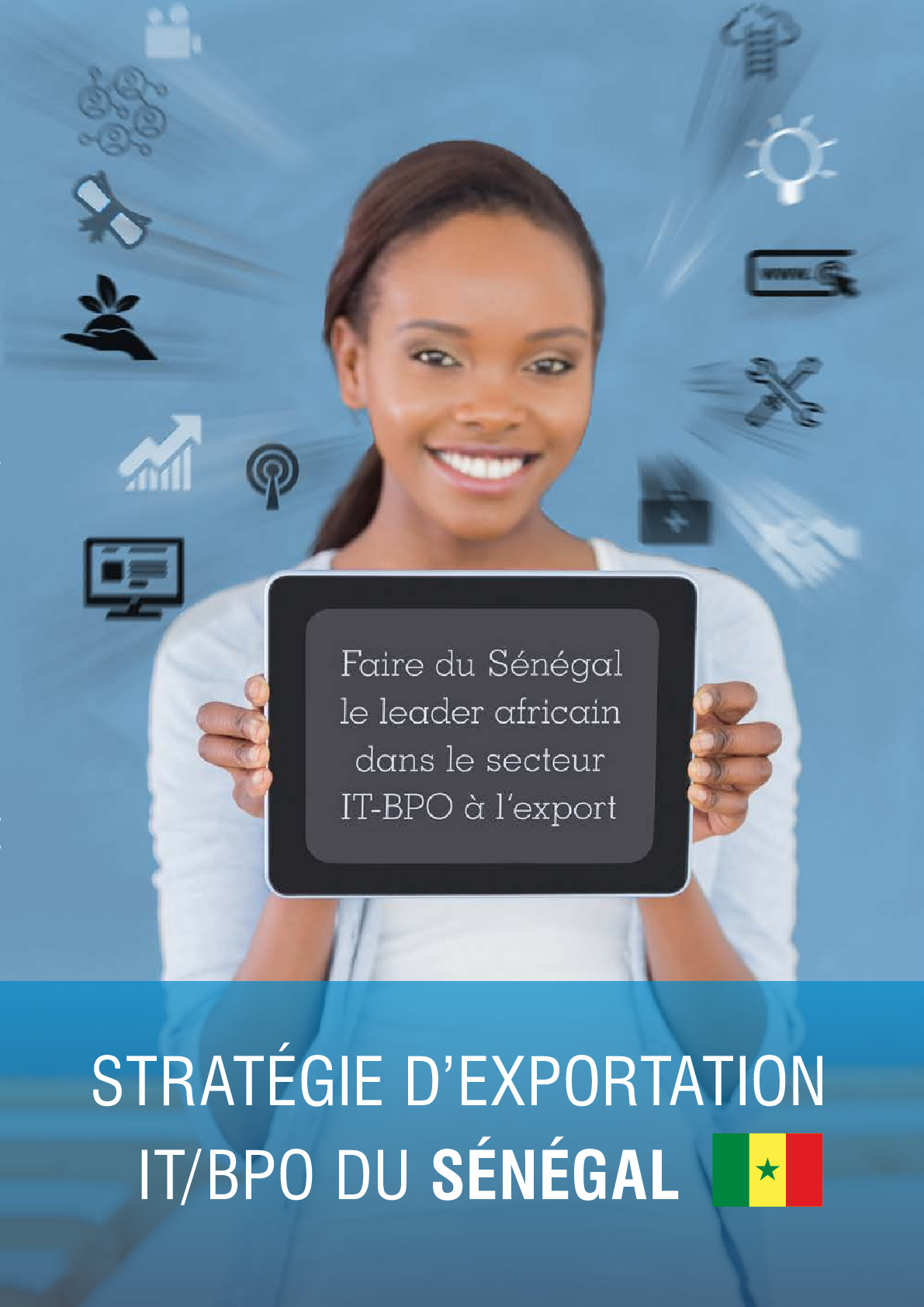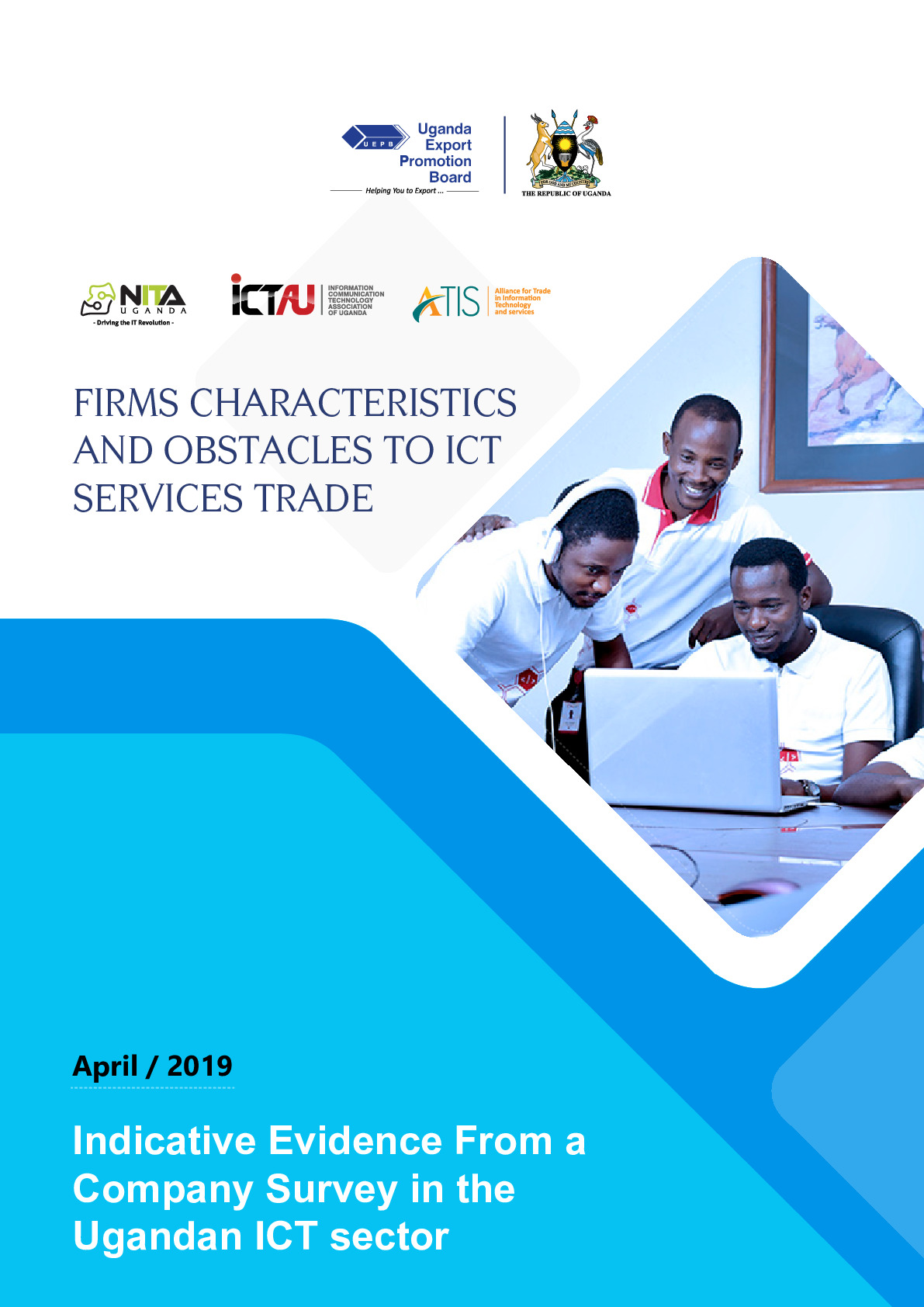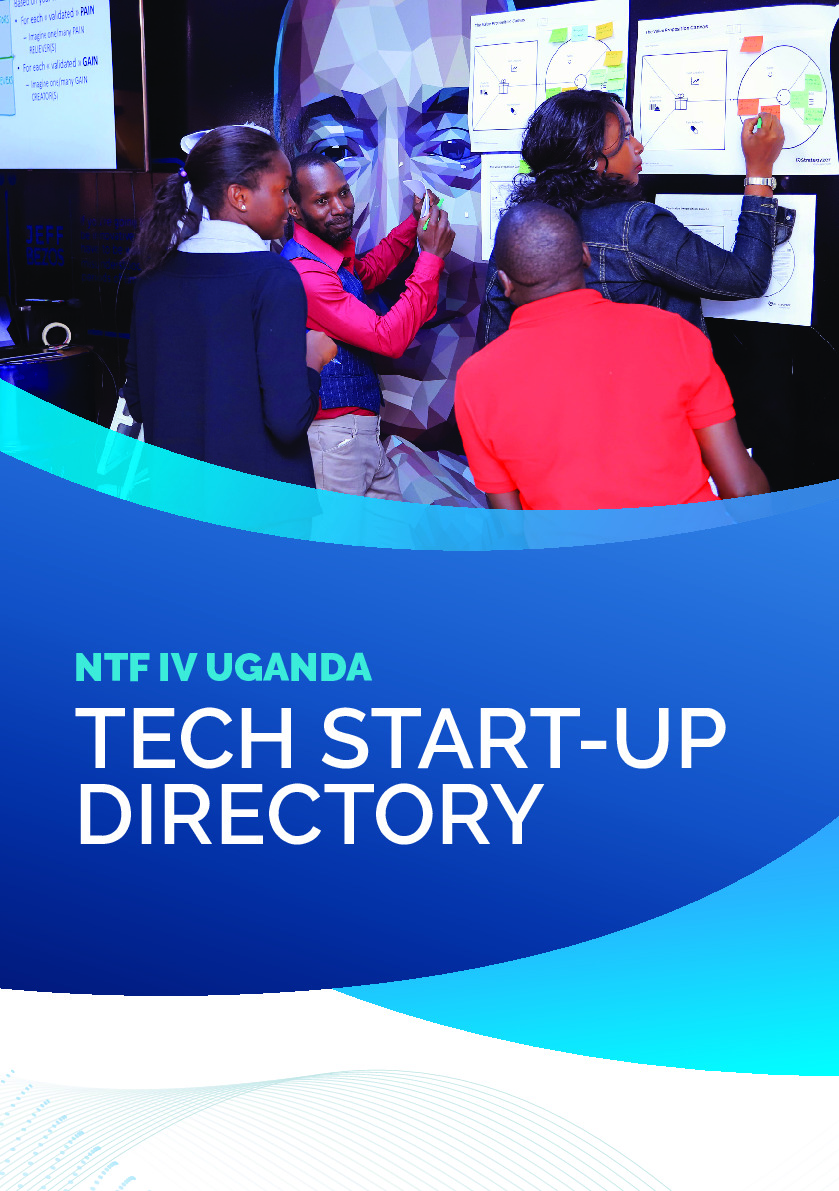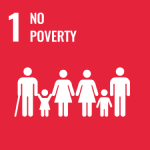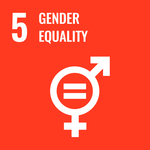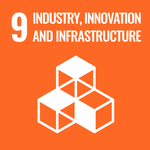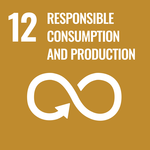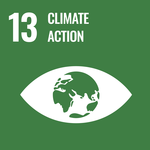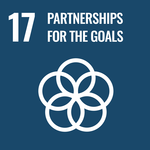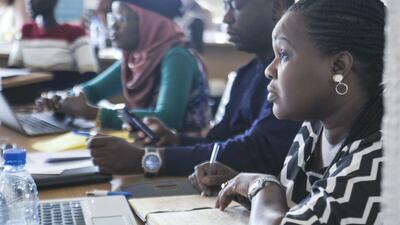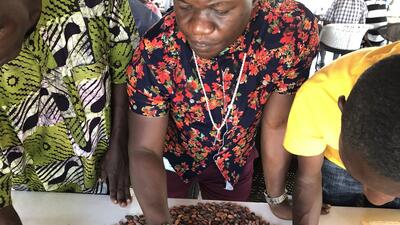<p><span>The overall<span> </span><strong>project objective</strong><span> </span>is to contribute to economic growth and job creation in Sierra Leone by enhancing the participation of youth in the digital economy. </span></p><p><span>The<span> </span><strong>outcome of the project</strong><span> </span>is to increase the participation of youth in digital trade. </span></p><p><span style="font-weight: 700;">Expected outputs and indicators</span></p><p>The outcome will be achieved through the following 4 outputs:</p><ul><li><span style="font-weight: 700;">Output 1: Capacity of youth to use digital technologies for work, entrepreneurship & social inclusion increased. </span><em>[ targets youth, with particular focus on young women].</em></li><li><span style="font-weight: 700;">Output 2: Competitiveness of young entrepreneurs increased by adopting digital technologies</span> <em>[</em><em>targets young entrepreneurs, particularly young women entrepreneurs]</em></li><li><strong>Output 3: Youth Service offerings of Business Support Organizations (BSOs) and tech hubs improved </strong><em>[</em><em>BSOs, incubators and NGOs are key delivery partners for the project. Enabling them to deliver better services to youth, will help to generate sustainable, long-term impact]</em></li><li><span style="font-weight: 700;">Output 4: Inclusive national strategies and policies related to the digital economy strengthened </span></li></ul><p><span style="font-weight: 700;">Cross cutting issues: </span>digitalization, youth and gender considerations are key. Opening opportunities for youth, especially women, through digital technologies is the core objective of the project.</p><p> All outputs will be implemented in partnership with local public, private and civil society organizations, building up on their respective local expertise, networks and infrastructure. </p><p><br></p><p><br></p>
Sierra Leone
Sierra Leone: Empowering youth through digital technologies
ECOWAS: Strengthening agri-food trade in the region through institutional coordination and business support
Video
Agricultural trade challenges in West Africa
Malnutrition, rapid population growth, and heavy reliance on food imports are some of the key challenges facing the Economic Community of West African States (ECOWAS). Addressing these issues would foster economic development across the region. These factors also emphasize the urgent need to address food security and the effects of global geopolitical pressure on food prices.
Enhancing coordination on food trade policies within the region is paramount to tackling food security issues and mitigating the volatility of food prices. For this purpose, the ECOWAS Commission has developed various instruments, such as the ECOWAS Trade Liberalization Scheme (ETLS) and the ECOWAS Agricultural Policy (ECOWAP), aimed at boosting intra-regional agricultural trade volumes and coordination efforts.
However, recorded data on intra-regional agricultural trade volumes remains low. Customs points have Inadequate infrastructure and resources. Regional and national legislation need to be harmonized. Opaque administrative procedures lead to delays and unexpected costs. And businesses have limited information on market opportunities.
To address these issues, which are often at the origin of informal trade practices, the EAT programme aims to foster an environment conducive to intra-regional agricultural trade. It seeks to improve the capacity of policymakers to make informed decisions on trade and food security matters, strengthen regulatory frameworks, and streamline administrative procedures at the border to ensure the safety and quality of traded goods. Additionally, it aims to equip agri-food businesses with the tools and knowledge needed to better trade within the region, with a specific focus on gender and youth inclusion.
How we work
Within the framework of the EAT programme, ITC implements a multi-level and multi-stakeholder strategy, closely collaborating with the ECOWAS Commission, Member States, civil society, the private sector, and various trade entities. This holistic approach addresses the political, economic, gender, climate, food, and nutrition security aspects of regional agricultural trade.
ITC’s commitment under the EAT programme reflects its broader objectives. Those include bolstering regional institutions in Africa, promoting gender-sensitive and sustainable agricultural trade and enhancing local trade promotion services for the private sector to ensure the sustainability of the action.
ITC will provide advice and assistance to reinforce the ECOWAS Commission's capacity in coordinating agricultural trade policies, by facilitating public-private dialogues, introducing trade intelligence and monitoring tools, as well as advocating for cooperative trade facilitation approaches.
Regional organizations and national authorities will undergo tailored capacity-building programmes to improve their services to businesses and to ensure the application of agricultural trade measures at the border, with particular attention to testing their efficacy. The whole action is ultimately tailored to benefit small businesses and small agricultural traders, by upscaling their skills and providing them with a more conducive ecosystem for trading within the region.
Programme outputs
Trade Policy Harmonization: Advising the ECOWAS Commission and Member States on the coordination and harmonization of policies and initiatives to improve the region’s agricultural trade ecosystem.
Trade Facilitation: Supporting the implementation of gender-sensitive and sustainable trade facilitation measures and services at the border to unleash the potential of intra-regional agricultural trade and increase incentives to conduct formal trade operations.
Private Sector Promotion: Equipping small businesses and small agricultural traders, in collaboration with local business support organizations, with the knowledge and skills needed to tap into the opportunities offered by the regional agricultural market.
Target countries and sectors
Aside from regional policy interventions, the EAT programme focuses on field activities in Benin, Burkina Faso, Côte d'Ivoire, Ghana, Niger and Nigeria to establish a methodology that can later be applied throughout the entire region.
Product sectors targeted by the initiative were identified keeping in mind their importance as staple food, the risk of value loss due to their perishability, as well as the comparative advantages offered by the region. These include cassava, corn, fertilizer, onion, pineapple, processed meat, rice and tomato.
Main partners and beneficiaries
The programme is implemented under the guidance of the ECOWAS Commission, involving directorates overseeing agriculture and rural development, trade, customs, free movement of people, and the Gender Development Center. ITC is an implementing partner, alongside GIZ and the OECD Sahel and West Africa Club (SWAC). Additional partners encompass regional and national trade associations, chambers of commerce and agriculture, pertinent national ministries and authorities, civil society organizations, and private sector stakeholders. Directly benefiting small businesses, cooperatives, and associations of small-scale cross-border traders operating in the agri-food sector.
<p>The ECOWAS Agricultural Trade (EAT) programme, funded by the Federal Ministry of Economic Cooperation and Development (BMZ), "One World – No Hunger" special initiative, is a crucial component of the German-ECOWAS cooperation and implemented by The Deutsche Gesellschaft für Internationale Zusammenarbeit GmbH (GIZ) and The International Trade Centre (ITC). This initiative is designed to tackle regional policy coordination, economic integration and food security, focusing on enhancing intra-ECOWAS agro-food-trade.</p><p><br></p>
Netherlands Trust Fund IV – Export Sector Competitiveness Programme in IT & ITES, agriculture and tourism (NTF IV)
International Trade Centre’s NTF IV Inclusive Tourism project in Myanmar focused on fostering economic opportunities through the development of sustainable tourism products in Myanmar – consolidating previous project results in Kayah State and extending activities to Tanintharyi Region. In addition, the project supported Myanmar’s tourism industry at the national level in the following areas: marketing and branding, tourism statistics, and development of codes of conduct for tourists, tour operators and communities.
The NTF IV Inclusive Tourism project is funded by the Government of The Netherlands. ITC continued its close collaboration with the Netherlands’ Centre for the Promotion of Imports from Developing Countries (CBI) and its parallel tourism project assisting tour operators and the national sector associations in export promotion.
More about our work:
Digital marketing holds promise for tourism in Myanmar
From Kayah to Tanintharyi: Expanding inclusive tourism in Myanmar
Tanintharyi chosen as second Myanmar state to benefit from ITC tourism project
In Senegal, NTF IV supported the development of the local IT/ITES sector though::
- Strategic, inter-ministerial coordination; an information technology (IT) & information technology-enabled services (ITES) export-development strategy; and positioning of Senegal on the global IT & ITES market
- Strengthening OPTIC (Organisation of Information Technology and Communication Professionals) as a provider of export advisory and training benefiting its current and future members
- Developing markets with Senegal’s main trade promotion organization, ASEPEX and OPTIC using techniques already developed under NTF III for Bangladesh, Kenya and Uganda
- Building training capacity in export marketing planning and sales
- Mobilizing the Senegalese network of foreign trade representatives to promote IT & ITES trade opportunities to complement the work done around investment promotion.
For examples of our work:
VivaTech : une vitrine pour l’innovation numérique en Afrique
Senegalese tech start-ups make business connections at VivaTech
African tech companies show interest in ICT environmental sustainability
The NTF IV Uganda aimed to strengthen small businesses by influencing policymakers, regulators, as well as trade and investment support institutions. We also worked with private trade and business support providers, along with international market partners to create a supportive environment for IT and IT-enabled services.
The intermediary outcomes of NTF IV were:
- Policymakers and regulators monitored and coordinated the implementation of the endorsed the IT&ITES export plan and country marketing plan.
- Trade and investment support institutions (ATIS, ICTAU, and UBPOA) extended and improved their export-related services for IT & ITES.
- Small businesses and start-ups took steps to become more competitive.
- Beneficiary companies and supported associations developed international linkages and built partnerships.
For examples of our work:
Taking Companies from Local to International Success: The Crucial Role of Export Marketing Coaches
NTF IV Training, Mentorship in Uganda lead to Tech Startup Growth, Job Creation
Uganda’s Hostalite partners with Ethiopia’s top mobile payments company
Ugandan, Senegalese start-ups live ‘in the future’ at CEBIT digital expo
Performance roadmap shows Uganda’s ICTAU how to better serve its members
Ugandan start-ups part of the solution during COVID-19
Why should your start-up move to Uganda?
NTF IV Training, Mentorship in Uganda lead to Tech Startup Growth, Job Creation
This project boosted production and trade of cocoa across the value chain in Sierra Leone, Liberia and Guinea. Smallholder producers improved post-harvest efficiency, connected better to markets, and complied with relevant standards.
An example of our work:
Liberian cocoa sector stakeholders identify impediments, suggest solutions
Sustainable Development Goals
Linking support for agribusiness and digital technologies sectors
The Netherlands Trust Fund IV (NTF IV) - Export Sector Competitiveness Programme was based on a partnership agreement between the Dutch Centre for the Promotion of Imports from developing countries (CBI), affiliated to the Ministry of Foreign Affairs of the Netherlands and the International Trade Centre. The agreement was signed in September 2017, and ran to end June 2021. NTF IV built on the successful cooperation between ITC and CBI. This cooperation has been embodied in a series of programmes called Netherlands Trust Fund I, which ended in 2009, the Netherlands Trust Fund II, which ended in June 2013, and the Netherlands Trust Fund III, which ended in June 2017.
NTF IV aimed to enhance export competitiveness of certain sectors in selected countries through an integrated approach to competitiveness built around one outcome – generation of export revenues.
ITC implemented NTF IV through four individual country/sector projects linked to joint advocacy at the global level, especially on women. CBI and ITC selected the four country/sector combinations building on jointly defined criteria including country requests, market demand, CBI/ITC and Dutch Ministry of Foreign Affairs priorities, and feedback from Dutch Embassies and other donors on how Netherlands assistance can best be prioritized within the comparative advantages of ITC and CBI.













